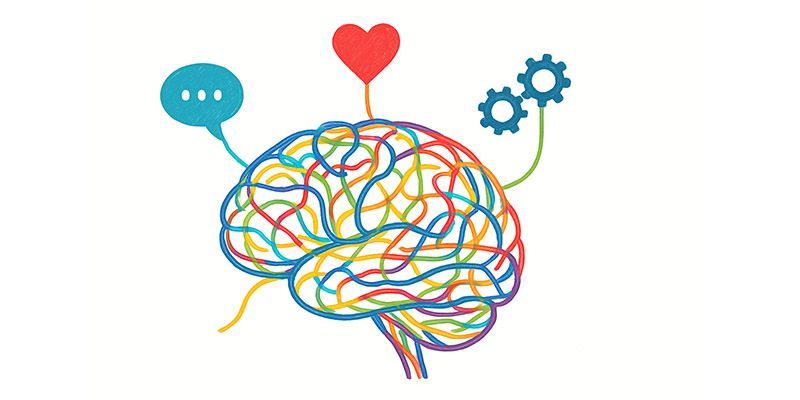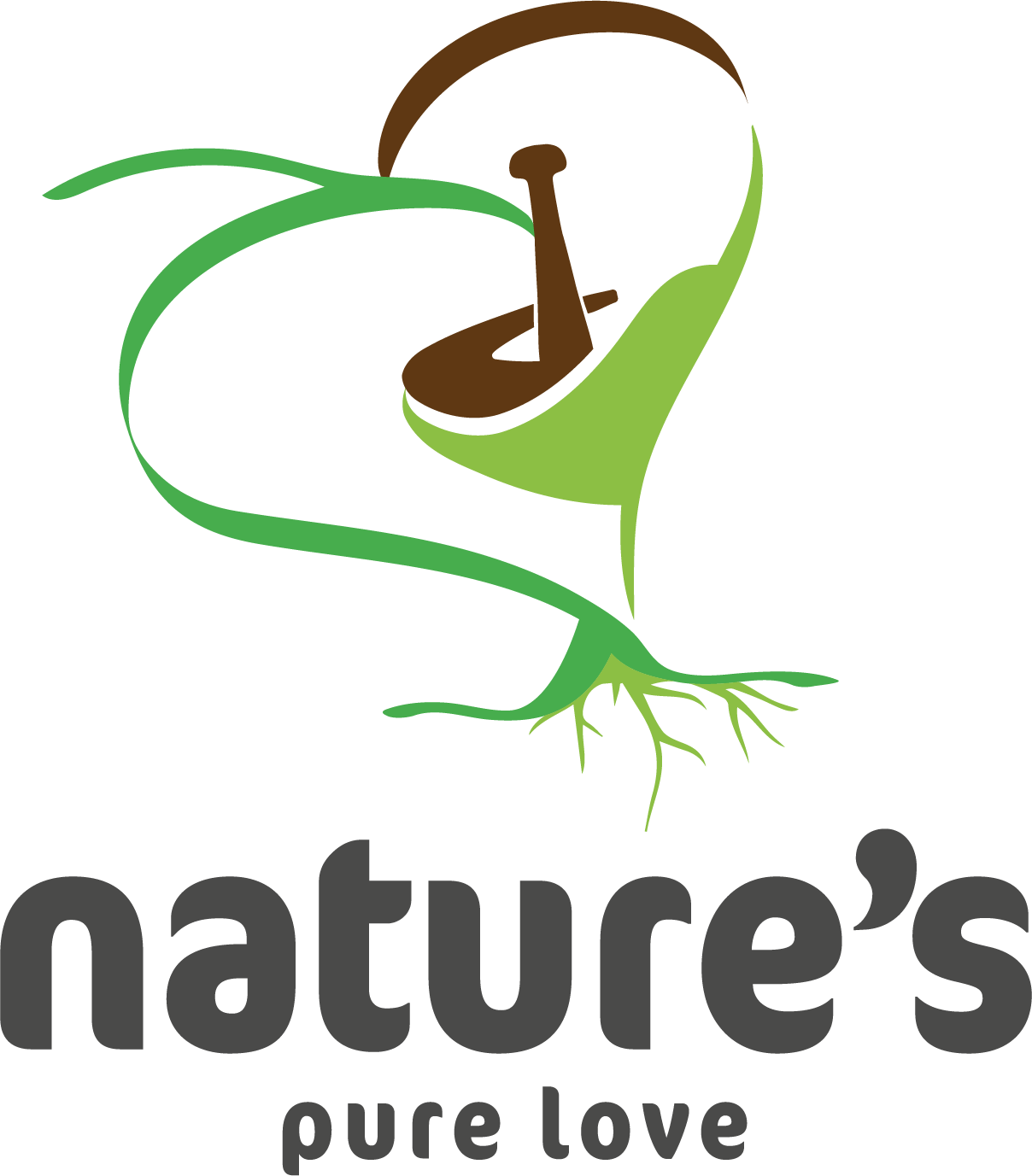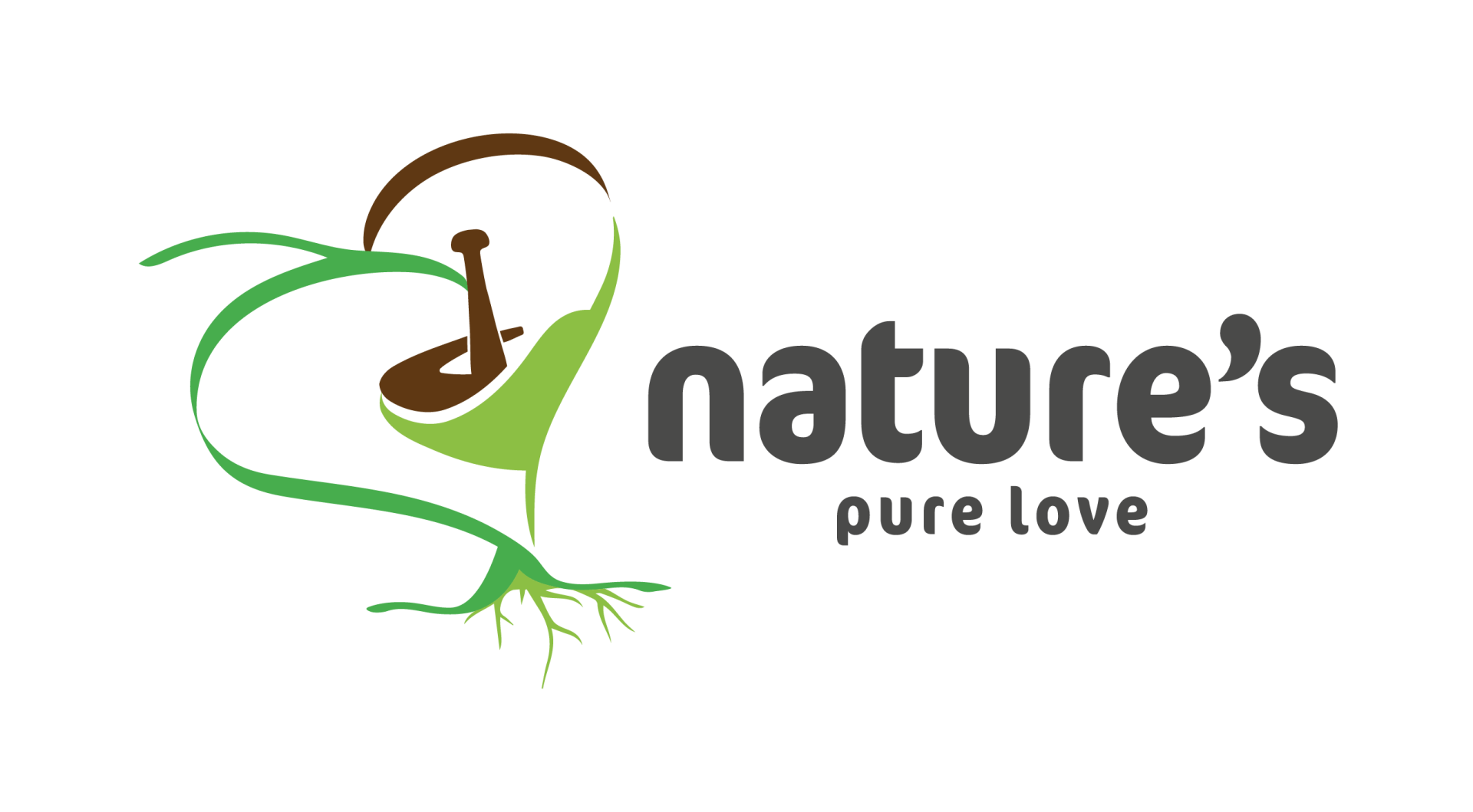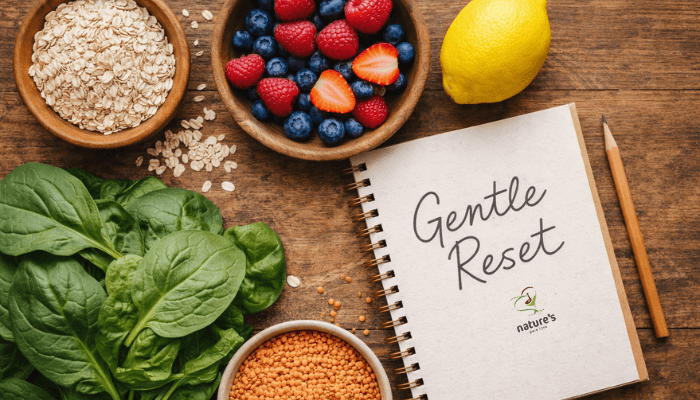Scientific Approaches Underlying Nature’s Pure Love’s Effective Self-Care Habits, Programs, and Masterclasses
Why Self-Care is Essential for Modern Well-Being

In today’s fast-paced world, self-care is no longer a luxury—it’s a necessity. Self-love cannot be deemed selfish; it’s a must. Yet, many people struggle to maintain consistent self-love/self-care habits. Stress, negative self-grooming, and limiting beliefs often sabotage our best intentions. This is where Neuro-Linguistic Programming (NLP) can make a profound difference.
NLP is a powerful psychological approach that examines the relationship between language, thought patterns, and behaviour. By applying NLP techniques, you can reprogram your mind to develop sustainable self-care/self-love practices that nurture your physical, emotional, and mental well-being.
In this article, we’ll explore how NLP can transform your self-care habits, offering practical strategies you can implement today for a healthier and happier life.

What is Neuro-Linguistic Programming (NLP)?
Understanding the Fundamentals of NLP
Neuro-Linguistic Programming (NLP) is based on the idea that the way we think (neuro), communicate (linguistic), and behave (programming) directly influences our life experiences. It suggests that by adjusting these patterns, we can create positive changes in our thoughts, emotions, and actions.
How NLP Affects Thought Patterns, Communication, and Behavior
When it comes to self-care, NLP helps you:
- Identify and reframe negative beliefs into positive and effective self-care.
- Raise awareness and focus energy to strengthen motivation, prioritize, and empower your well-being.
- Explore root problems and traumas to establish and maintain healthy habits.
- Manage stress and emotional triggers effectively to aid healing and lifestyle changes.
- NLP underpins the self-care meditation approach and teachings of Healology and Dr. Joe Dispenza’s breathing techniques and guided programs (embraced by Nature’s Pure Love in strategies and practice).
The Role of NLP in Creating Lasting Self-Care Habits
By applying NLP strategies, you can align your subconscious mind with your conscious goals—turning self-care into a natural, effortless part of your daily life.
How NLP Transforms Your Self-Care Journey
Reprogramming Your Mind for Positive Change
NLP techniques offer practical methods to create and maintain sustainable self-care practices. Through these techniques, you can break free from limiting beliefs and cultivate a mindset that supports consistent self-love and self-care.
Using NLP to Build Sustainable Self-Love and Self-Care Practices
By integrating NLP into your self-care routine, you can nurture your physical, emotional, and mental well-being in a more effective and fulfilling way.
1. Reframe Limiting Beliefs About Self-Care
Identifying Common Self-Sabotaging Beliefs
One of the biggest barriers to effective self-care is limiting beliefs—internal stories we tell ourselves that hold us back. Common examples include:
- "I’m too busy for self-care."
- "Taking time for myself is selfish."
- "I’m not worthy of rest."
How to Reframe Negative Thoughts Using NLP Techniques
NLP offers strategies to challenge and reframe these negative beliefs, transforming them into positive, empowering ones.
Practical Steps for Replacing Limiting Beliefs with Empowering Ones
- Identify the belief: Write down the limiting thought that blocks your self-care. (Journaling)
- Question its validity: Ask yourself, “Is this belief 100% true?” Often, it isn’t. (Moving towards creating in the present)
- Create a new, empowering belief: Replace the old belief with a positive statement, such as “Caring for myself allows me to care for others better.” (Affirmations)
- Anchor the belief: Repeat your new belief daily while visualizing yourself practicing self-care. (Setting goals and using Vision Board)
By consistently challenging negative beliefs, you’ll begin to see self-care as a necessary and empowering practice.
2. Use Anchoring to Trigger Positive Self-Care Behaviors
What is Anchoring in NLP?
Anchoring is an NLP technique that links a physical sensation or cue to a desired emotional state. You can use this strategy to create automatic, positive self-care habits.
How to Use Anchoring to Cultivate Consistent Self-Care Habits
Anchoring allows you to trigger a positive emotional state whenever you engage in self-care, helping you build consistency in your habits.
Step-by-Step Guide to Anchoring Positive States for Self-Care
- Choose a positive memory: Recall a time when you felt deeply relaxed and nurtured.
- Select a physical anchor: This could be pressing your thumb and forefinger together or placing your hand on your heart.
- Intensify the experience: Close your eyes and vividly relive the memory—feel the emotions fully.
- Activate the anchor: As your feelings peak, apply the physical anchor.
- Use the anchor when needed: Activate your anchor before self-care activities to trigger a calm, motivated mindset.
Over time, your mind will associate the anchor with positive feelings, making self-care easier and more enjoyable.

3. Visualise Success to Build Lasting Self-Care Habits
How Visualisation Can Reinforce Your Self-Care Goals
Visualisation is a core NLP practice that helps rewire your brain for success. By mentally rehearsing your self-care routine, you train your subconscious to accept it as reality.
The NLP Technique of Future Pacing for Achieving Long-Term Self-Care Success
Future pacing involves imagining your ideal outcome in the future and mentally preparing yourself to reach that goal.
How to Visualise Your Ideal Self-Care Routine
- Imagine your ideal goal/desired outcome: Picture yourself engaging in regular self-care—exercising, meditating, or setting boundaries. Then picture yourself achieving your goal and living your dream.
- Engage your senses: What do you see, hear, and feel? Imagine the experience in vivid detail.
- Fast-forward in time: Visualise yourself months later, feeling healthier and more balanced. Visualise yourself living your success in 2-3 years.
- Repeat regularly: Spend a few minutes each day visualising this positive future.
Visualisation conditions and grooms your mind to expect success, increasing your likelihood of following through and achieving your desired outcome.
4. Practice Positive Language Patterns for Better Self-Care
The Power of Positive Self-Talk in Achieving Self-Care Goals
Your inner dialogue shapes your behavior. Negative self-talk can undermine your efforts, while positive language reinforces commitment and successful outcomes.
Reframing Negative Language to Encourage Empowering Habits
NLP emphasizes using affirming language to reinforce desirable habits and achievements.
NLP Language Techniques for Strengthening Your Self-Care Commitment
- Instead of “I should practice self-care,” say, “I choose to prioritise my well-being.”
- Replace “I don’t have time” with “I make time for things that matter.”
By consciously choosing empowering language, you reshape your self-image and strengthen your self-care commitment and successful outcomes.

5. Implement the Swish Pattern to Break Bad Habits
Understanding the Swish Pattern for Replacing Negative Behaviors
The Swish Pattern is an NLP technique that helps replace unwanted behaviours with positive alternatives. If you struggle with neglecting self-care, this method can help.
How to Use the Swish Pattern to Improve Self-Care Consistency
This technique retrains your subconscious to favour self-care over self-sabotage.
Step-by-Step Guide to Swishing Your Way to Better Self-Care
- Identify the unwanted behaviour: For example, skipping workouts or binge-watching TV.
- Visualise the trigger: Imagine the moment you typically engage in that behavior. What was happening? (Practice becoming aware)
- Create a positive image: Picture yourself making a healthier choice—exercising, reading, resting, or acting toward your goals.
- Perform the swish: In your mind, rapidly replace the negative image with the positive one. Repeat this several times.
Test the shift: The next time you face the trigger, notice your new inclination toward positive action.
Conclusion:
Embrace NLP for a Transformative Self-Care Experience
Self-care is more than pampering—it’s a commitment to your physical, emotional, and mental well-being. By integrating Neuro-Linguistic Programming (NLP) into your self-care practice, you can break free from limiting beliefs, establish empowering habits, and cultivate a healthier lifestyle.
Start small—reframe negative thoughts, anchor positive feelings, and visualise your success. With consistent practice, these NLP techniques will make self-care an effortless, fulfilling part of your daily life.
Your well-being is worth it—begin your NLP self-care journey today!
Discover More Self-Care Resources with Nature’s Pure Love
Explore Our Top Self-Care Products and Programmes
1. What is Neuro-Linguistic Programming (NLP)?
NLP is a psychological approach that explores how language, thought patterns, and behavior are interconnected.
By adjusting these patterns, NLP helps individuals create positive changes in their thoughts, emotions, and actions, which can significantly enhance self-care practices.
2. How does NLP help improve self-care habits?
NLP helps individuals identify and reframe negative beliefs, develop empowering self-care habits, manage stress and emotional triggers, and align subconscious behaviours with conscious self-care goals.
It provides tools like visualisation, anchoring, and positive language patterns to make self-care easier and more effective.
3. What are some common limiting beliefs about self-care?
Common limiting beliefs include:
"I’m too busy for self-care."
"Taking time for myself is selfish."
"I’m not worthy of rest."
These beliefs can prevent people from prioritizing their well-being, but NLP techniques can help reframe these thoughts into empowering beliefs.
4. What is the anchoring technique in NLP?
Anchoring is an NLP technique that links a physical sensation or gesture to a desired emotional state.
For example, pressing your thumb and forefinger together while experiencing relaxation can be used as a trigger to induce calmness when needed. This helps create automatic, positive self-care habits.
5. How can visualisation help in building self-care habits?
Visualisation, through the NLP technique of future pacing, involves imagining yourself consistently practising self-care in the future.
This mental rehearsal helps condition your subconscious mind to expect success and increases the likelihood of following through with your self-care routines.
6. How can I use positive language patterns to support my self-care goals?
Changing your inner dialogue can have a significant impact on your self-care practices.
By replacing negative statements like “I don’t have time” with empowering statements like “I make time for things that matter,” you can reinforce your commitment to prioritising your well-being.
7. What is the Swish Pattern in NLP and how does it help with self-care?
The Swish Pattern is an NLP technique designed to replace negative behaviors with positive ones.
For example, if you often skip workouts, you would visualize the moment you usually neglect self-care and replace that image with a positive one, such as exercising.
This helps retrain the subconscious to favor healthier choices.
8. Can NLP techniques be integrated into daily self-care routines?
Yes! NLP techniques, such as reframing beliefs, anchoring positive states, visualising success, and practising positive language, can be easily incorporated into your daily routine to enhance your self-care practices and promote lasting well-being.
9. How long does it take to see results from applying NLP to self-care?
The results vary depending on the individual and the consistency of applying NLP techniques.
With regular practice, many people begin to notice positive changes in their self-care habits within a few weeks, with more significant transformation over time.











